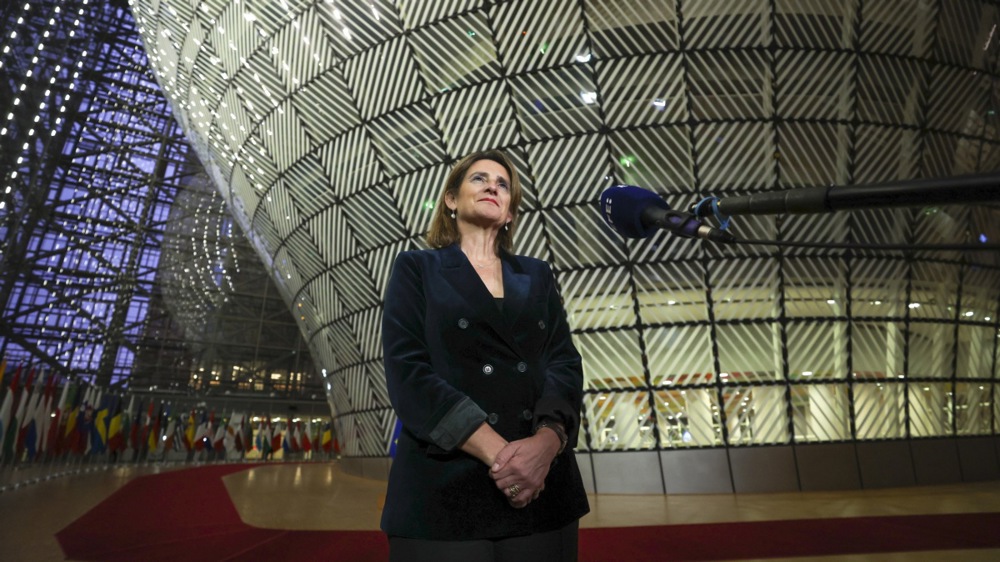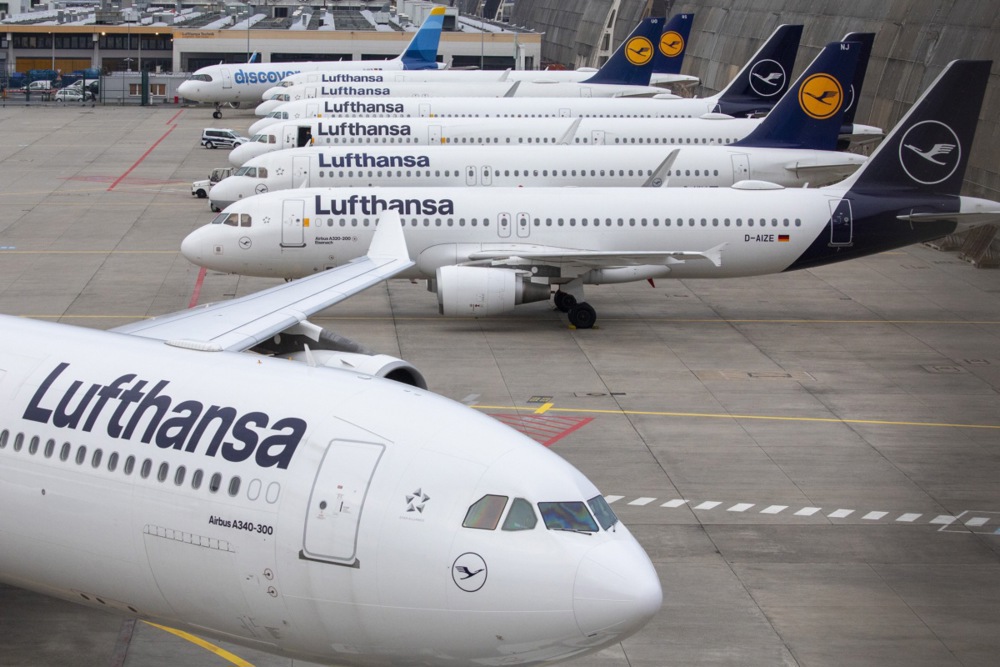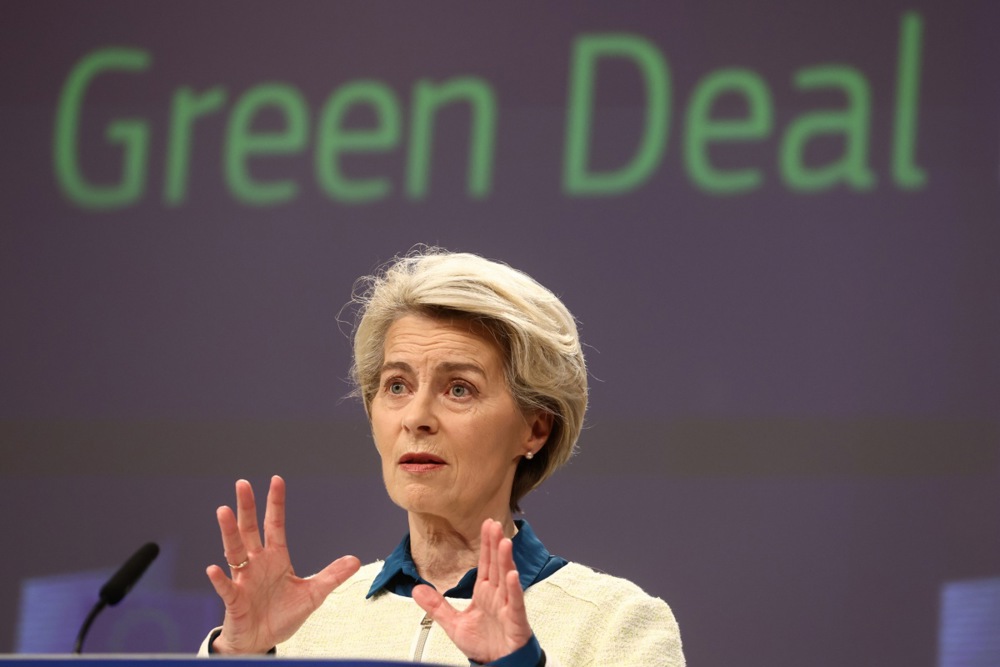The European Commission has approved a citizens’ initiative that would legally limit an individual’s yearly carbon emissions.
Called “Air-Quotas”, the proposal registered on June 19 is designed “to establish a citizens’ carbon-quota mechanism in each [European Union] country that will encourage businesses to decarbonise through consumer demand”.
“The organisers consider that this new mechanism should cover all purchases of goods and services, starting with air transport,”it added.
A citizens’ petition will not necessarily become EU law or even a formal EC proposal, though does give the idea some legitimacy.
According to the EC, the aim of the Air-Quotas petition is to discourage air travel. The body also stated that, as it considered Europeans were at “the heart of the ongoing 6th extinction”, it should launch a “General Climate Summit to lead to a quota mechanism in each country”.
The Air-Quotas initiative would see companies ordered to maintain a “carbon register” as the EC considered this “a necessary condition for the veracity of carbon labelling”.
The body recognised such quotas would be consumed by the “richest” and enable those who could not fly to “sell their surpluses”.
The system would effectively be the same as the one that exists for pollution at the Member State level. The more developed, polluting countries buy up the quotas of smaller, less developed countries enabling them to produce excess pollution without breaking the rules and thus avoid being fined.
Under the rationale of “social justice”, Air-Quotas echoes the demands of the 2021 Climate Conference. Controlling carbon footprints was presented then as the only way to meet the needs of all humans and thus achieve “equality”.
A first step would be to control carbon emissions regarding flights, but the idea is to extend it to services and goods.
Under the proposal, initially each citizen will have a number of points to spend on each journey. Each trip will cost both money and points. Once that counter reaches zero, passengers either do not fly or – if they can – buy more allowance from other citizens.
The document gave the following example: “Michelle is a grandmother South of Paris and her grandchildren are in Mexico. A round trip is 15,000km, or 3,000 carbon points, each year. She buys 2,500 at 20 cents each – €500 each year. It is likely that by the third year of the implementation of this system, the points [charge] will have increased to 80 cents. She will only make one trip every three years.”
What that effectively means, according to experts, is that under the system, Michelle (the grandmother) will only be able to see her grandchildren once every three years instead of once a year – unless she is willing to pay more for it.
Air-Quotas acknowledged the fact that many people will probably travel less by plane as the price of points needed to do so becomes increasingly prohibitive.
It seems likely that will mean the less well-off will not be able to fly as much as more wealthy citizens.
The EU will ban production of all vehicles that emit CO2 from 2035 onwards, insisted Frans Timmermans, European Commission Executive Vice-President for the European Green Deal. https://t.co/2vneuwDAlX
— Brussels Signal (@brusselssignal) July 18, 2023





